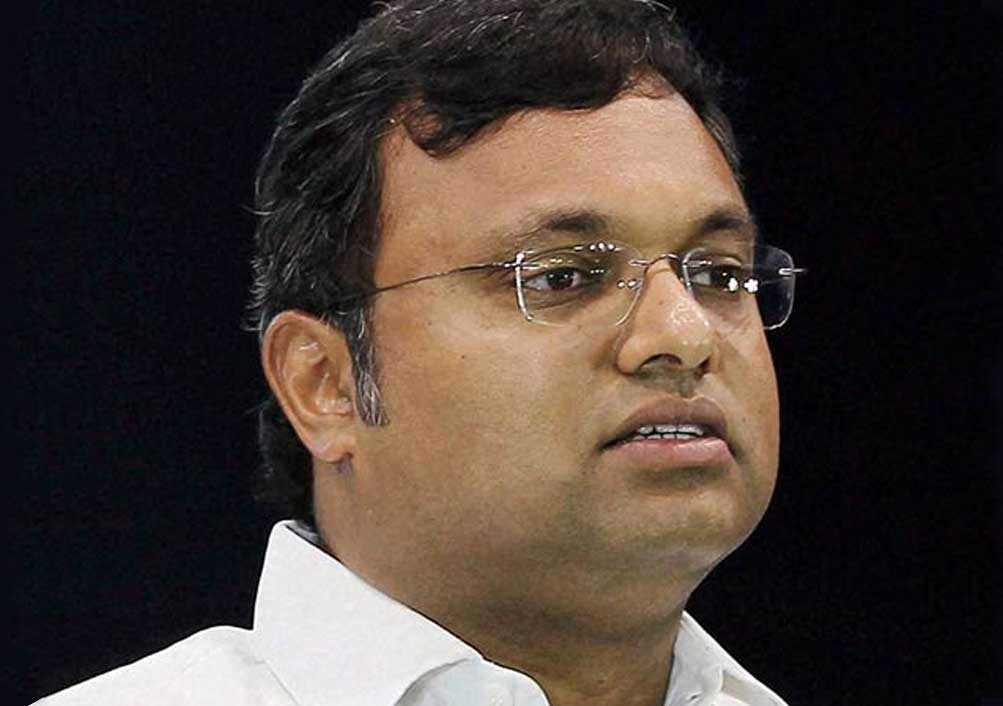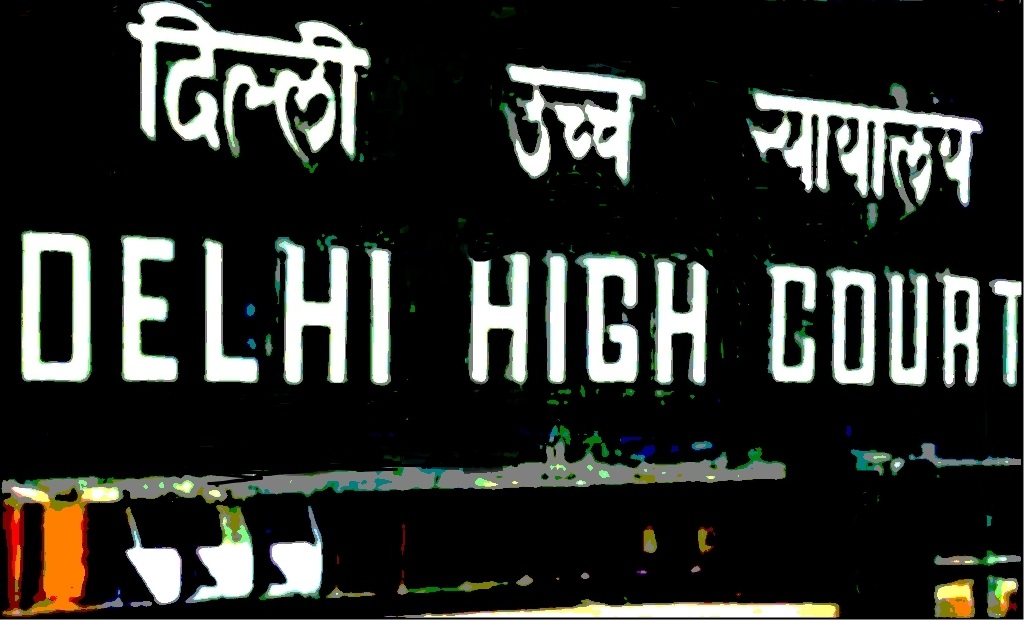Madras HC declines pleas of Karti Chidambaram, wife Srinidhi in non-disclosure of income case

Read Judgement: Karti P.Chidambaram v. The Principal Director of Income Tax and Ors
LE Staff
Chennai, July 6, 2021: Dismissing the petitions filed by Karti Chidambaram and his wife Srinidhi Chidambaram, the Madras High Court has refused to interfere against the show-cause notices issued by the income tax authority over an alleged non-disclosure of Rs 6.38 crores in I-T returns following a property sale in 2013.
Justice SM Subramaniam concluded that there was no legal malice or procedural irregularity in issuing the show-cause notice under section 153C of the Income Tax Act.
As per the background of the case, the petitioner was stated to have sold three land parcels and offered the capital gains to tax in return of income. Later, upon a search conducted at the buyer’s premises, the Revenue Department garnered reasons to believe that income had escaped assessment. This resulted in issuance of reopening notice u/s 148 of the Act.
Further, after receipt of seized materials by the jurisdictional AO of the buyer, satisfaction was recorded by the AO with a show cause notice under section 153C. This resulted in initiation of parallel proceedings, where one was reassessment proceedings for AY 2014-15, and other one was proceedings under section 153C for AY 2013-14 to AY 2018-19.
It was contended by the petitioner that oblique purpose for issue of show cause notice u/s 153C was to to take advantage of the extended date of limitation available for assessment u/s 153C as against Dec 31, 2019 applicable to reassessment proceedings. It was also contended that materials relied upon for initiation of proceedings u/s 148 and materials from which “satisfaction note” was prepared for issuing notices u/s 153C were one and the same.
Accordingly, it was urged by the petitioners that the notice lacks jurisdiction and the entire exercise by the Revenue Department was a colourable exercise of power and legally malicious.
On the other hand, the Revenue Department contended that the case involves two distinct and separate assessments/ reassessments, referring to the Supreme Court ruling in Commissioner of Income Tax versus Vijaybhai N.Chandrani, wherein the validity of proceedings initiated u/s 153C was upheld. The Department further contended that owing to the non-obstante clause contained u/s 153C, the AO correctly proceeded u/s 153C, upon receipt of seized material.
Accepting the submissions of the I-T Department, Justice Subramaniam observed that the procedures for assessment or re-assessment are yet to commence, and as such, the petitioners can avail the opportunity to defend their case once that process takes place.
The Court also found that once proceedings u/s 153A and 153C are initiated, all other pending proceedings, including proceedings u/s 148, would abate. Further, it was stated that to avoid parallel proceedings, the concerned jurisdictional AO upon receipt of material seized or requisitioned, can only proceed u/s 153A or 153C and they cannot proceed with any other pending assessment or proceeding.
Adding that reassessment u/s 153C is wide enough to cover six assessment years, the Court observed that the Income Tax Act provides various procedures in the matter of gathering information during search operations. Unless such powers are contemplated, it would be difficult for the authorities to deal with cases of tax evasions.
The Court therefore proceeded to rule that it will not interfere at the stage of show-cause notice.
Sign up for our weekly newsletter to stay up to date on our product, events featured blog, special offer and all of the exciting things that take place here at Legitquest.




Add a Comment